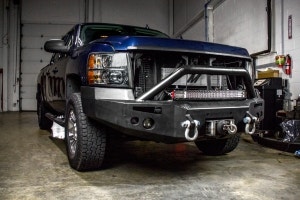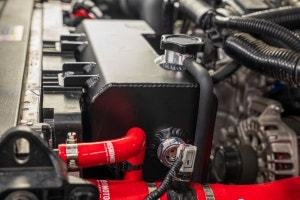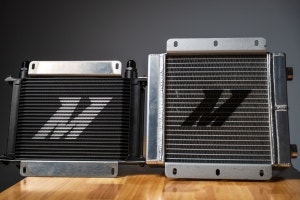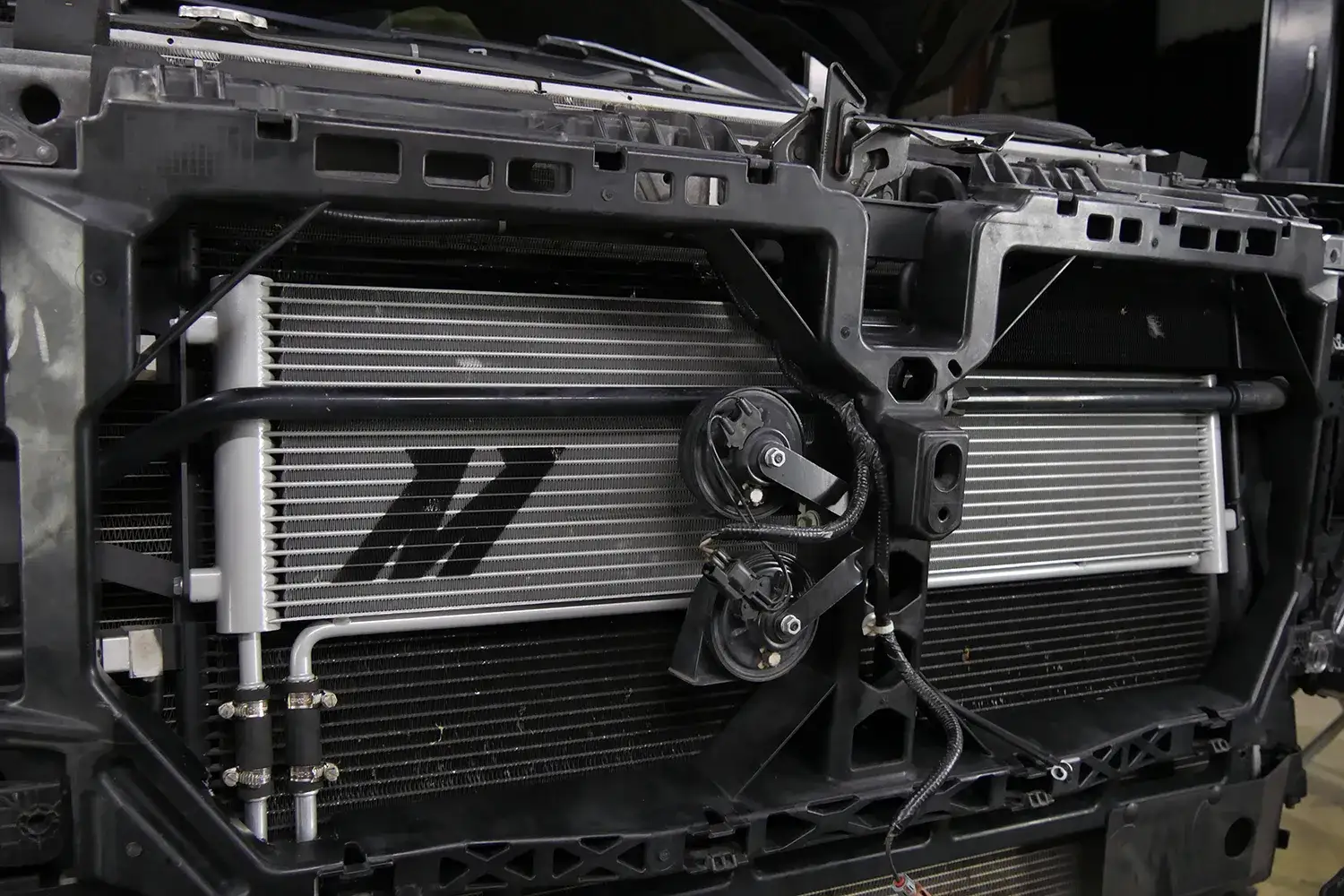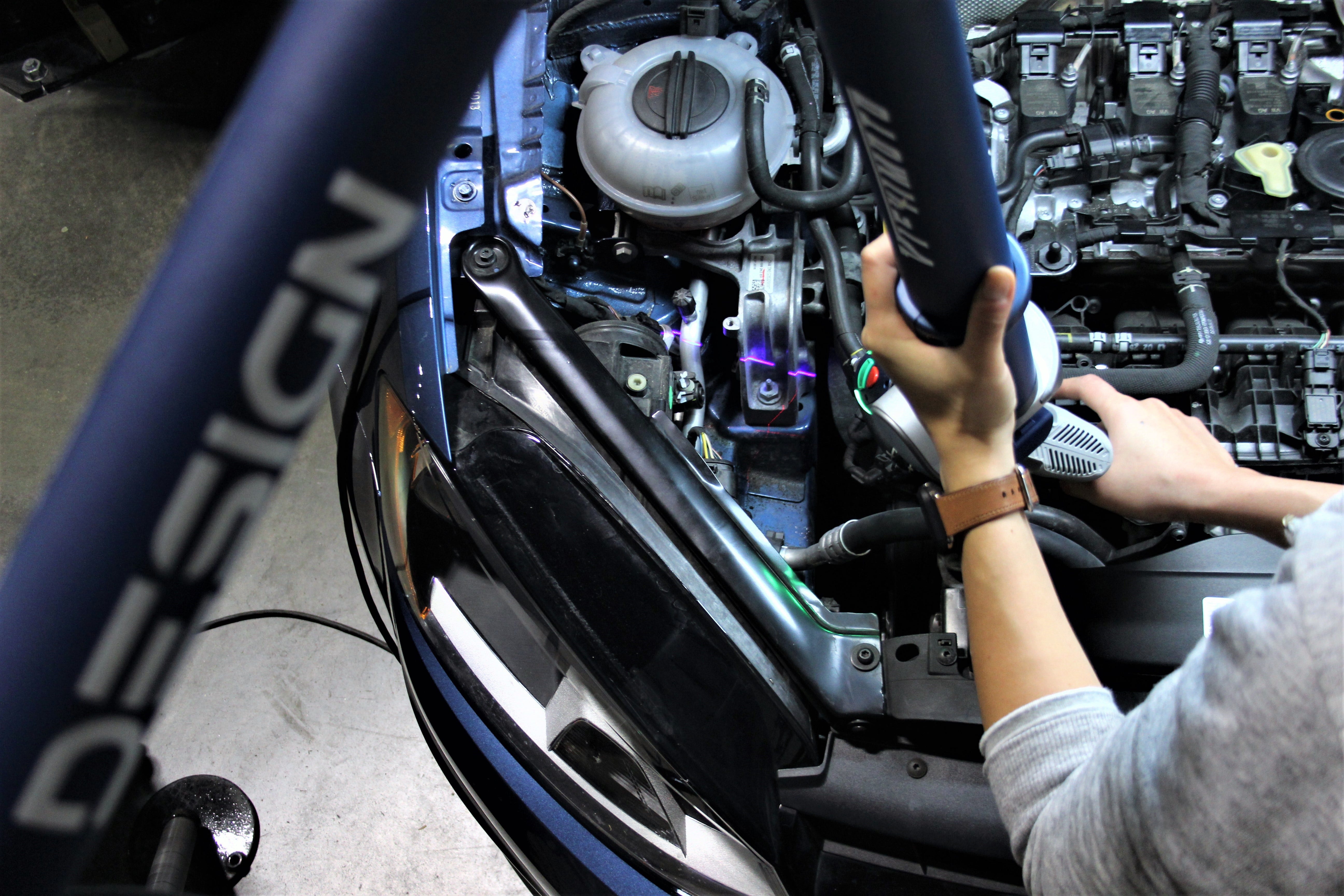Are you a nerd for up-and-coming tech? I am. Technology is awesome. Let's just start there. It's wild to think that we are approaching the 10-year anniversary of the iPhone's first introduction (June 29, 2007, per the all-knowing Wikipedia). As we enter 2017, autonomous vehicles are gaining mainstream traction, rockets can (sort of) land themselves intact, human
BLOG CATEGORIES
- The Ultimate Guide For Intercooler Selection
- Air-to-Water vs. Air-to-Air Intercooling
- The Top 3 Things to Look for When Choosing an Intercooler
- 12 Ways To Prepare Your Diesel For Winter
- Equipment Profiles
- Coolant Overflow Tanks vs. Expansion Tanks
- Coolant Basics
- What Is Blow By?
- Do Try This at Home – 10 Easy Updates You Can Do This Weekend
- Horsepower and You
- Air Filters: Dry vs Oiled
- Air Metering 101: Maf vs. Speed Density
- Turbocharging vs. Supercharging
- Blow Off Valves Explained
- Ford Bronco 2.7L Performance Intercooler, 2021+
- Ford Bronco 2.3 Performance Intercooler, 2021+
- Ford Bronco 2.3L/2.7L Stock Performance Stock Location Intercooler, 2021+
- Ford Bronco 2.3L Performance Intercooler Pipes, 2021+
- Ford Bronco 2.7L Performance Intercooler Pipes, 2021+
- Ford Bronco 2.3L/2.7L Borne Off-Road Snorkel, 2021+
- Ford Bronco 2.7L Performance Intake, 2021+
- Ford Bronco 2.3L Performance Intake, 2021+
- Ford Bronco 2.7L Baffled Oil Catch Can
- Ford Bronco 2.7L Baffled Oil Catch Can, PCV-Side, 2021+
- Ford Bronco 2.3L Baffled Oil Catch Can, 2021+
- BMW F8X M3/M3 Baffled Oil Catch Can Kit, CCV Side, 2015-2020
- BMW M2C/M3/M4 DCT Transmission Cooler, 2015-2020
- BMW F8X M3/M4 Direct Fit Oil Cooler, 2015-2020
- BMW F8X M2C/M3/M4 Performance Heat Exchanger, 2015-2020
- BMW F8X M2C/M3/M4 Charge Pipe Kit, 2015-2020
- BMW F8X M2C/M3/M4 Performance Air-to-Water Intercooler, 2015-2020
Volkswagen GTI Catch Can 2015+
-
Posted: December 15, 2016Categories: Volkswagen GTI Catch Can 2015+Continue Reading »
-
Posted: November 30, 2016Categories: Volkswagen GTI Catch Can 2015+Continue Reading »
Oil catch cans are a hotly debated topic, yet one fact is still irrefutable; oil blow-by will always be a real byproduct of the modern direct-injection engine. Intakes, charge pipes, and turbos all come into contact with the stuff over time. Sometimes, even newer, low mileage vehicles develop blow-by issues. With direct injection, fuel is injected directly into the cylinders, eventually resulting in carbon buildup on the valves. This was not an issue with port injection, since fuel injectors were placed in the intake manifold. The air-fuel mixture is sprayed directly on the valves, essentially cleaning them each time an injector fired.
Carbon and oil buildup in direct-injection engines can negatively impact vital engine components and can result in an expensive fix later down the road. I can go into long, excruciatingly deep detail about the dangers of blow-by, but I've given you the basics of what you should know. For more information, I strongly suggest that you take a look
